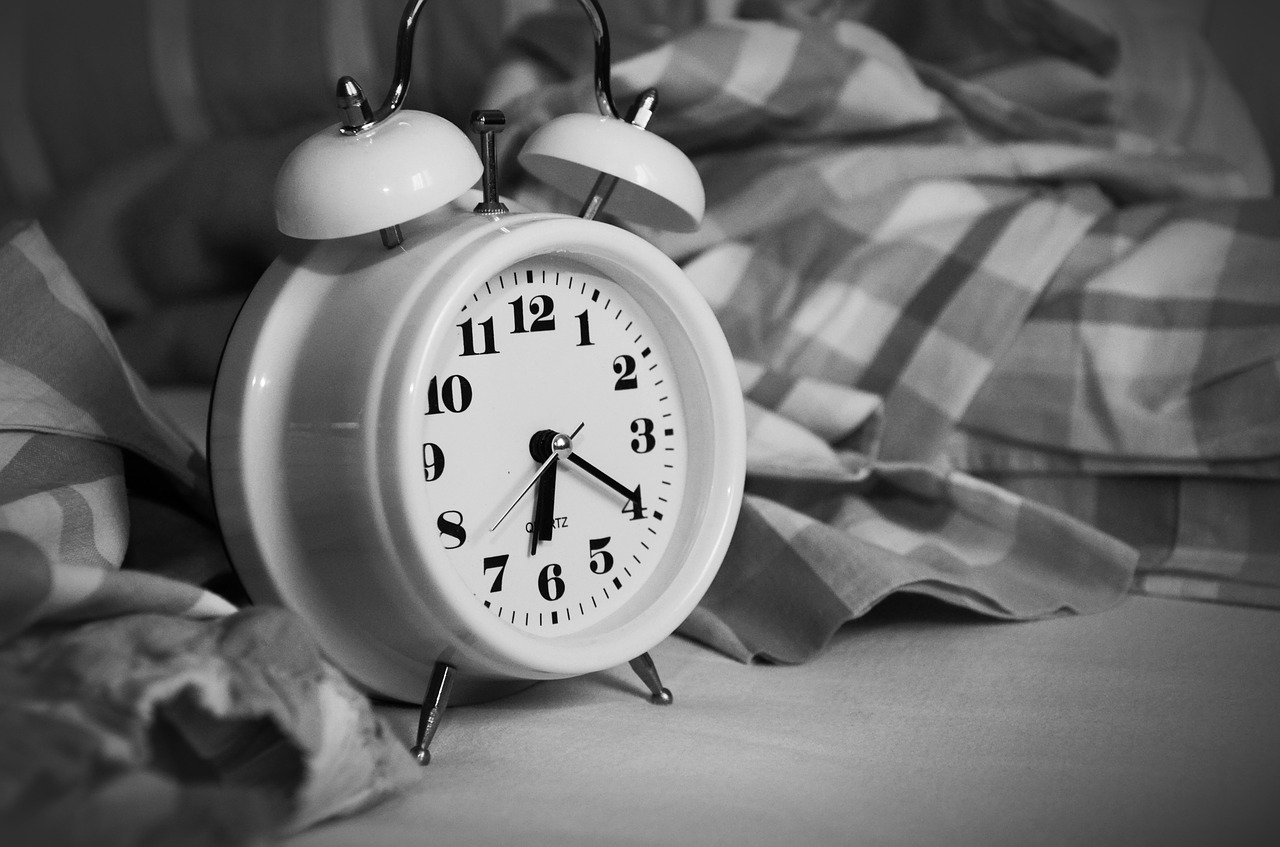
5 Tips to Help You Deal With Sleeplessness After Loss
Losing a loved one, especially a close one with whom you spent every day, can greatly impact every aspect of your life after they are gone. In addition to loss of appetite, depression and anxiety, you may experience sleeplessness at night. This is particularly difficult for those who have lost a spouse that they have slept in the same bed with for decades. Watching your loved one go through hospice and then pass on is difficult enough. But sometimes the aftermath can be even more devastating and long-lasting as you attempt to go on with your life in San Mateo. You may need some help transitioning through this difficult time, especially if you aren’t sleeping.
-
Be Aware of the Effects
Loss of sleep can translate to physical health problems as well as painful emotional effects. Bereavement support offered by Pathways Home Health and Hospice is designed to help you address not just the grief you’re feeling but how it’s manifesting in your life. It’s extremely common for people to experience a change in their sleeping pattern in the days, weeks and months following the loss of a loved one. They may have trouble falling asleep or staying asleep, but others may even have a hard time staying awake, points out What’s Your Grief. Some contributing factors keeping you from getting restful ZZZs include:
- Intrusive thoughts
- Worries and anxieties about stressors occurring as a result of the death
- Nightmares
- Anxiety about having nightmares
- Trouble sleeping in the same bed they shared with their partner for years
- Disorders such as depression, insomnia and PTSD
It’s very easy to overlook the impact fatigue has on your emotional outlook and physical health, due to the fact that you’re likely grappling with so many other aftershocks of the loss. In fact, lack of sleep can complicate the emotions of grief, leaving you even more disadvantaged when it comes to coping with loss. However, it’s important to recognize you’re having trouble and address ways in which you can help yourself.
-
See Your Doctor
Sleep deprivation can result in serious health problems, so it’s best to catch those issues early and ask your doctor for advice. Get a full workup and exam if you’re feeling over-tired on top of being grief stricken. Don’t just pop sleeping pills. Get fresh air and exercise (we know it’s tough to find the energy to even get off the couch at this point but try!), take your vitamins and try to maintain a regular eating schedule. If you let lack of sleep get the best of you, it can lead to health problems like:
- Heart disease, attack and failure
- Irregular heartbeat
- High blood pressure
- Stroke
- Diabetes
In fact, according to WebMD, 90% of people with insomnia also have another health condition. Further lack of sleep in addition to the grieving process can exacerbate those conditions. Research also shows that long-term sleep deficits can result in premature aging of the skin, and increased risk for stroke, obesity, cancer and even premature death.
-
Write in a Grief Journal
The ability to externalize your thoughts about loss is one of the best ways to feel just a little bit of relief. It validates your feelings, getting them out onto the page inside of stuck inside you. It allows you to grant yourself permission to discontinue the thoughts that are running on a constant loop through your head. Do some sleep journaling in the half hour before going to bed. Keep the book and pen by your bedside and jot down the emotions that are keeping you from a good night’s rest.
-
Relax Before Bed
Your bed is your sanctuary. Keep it free from distractions such as electronics, TV or your laptop. Performing some conscious relaxation techniques instead can help greatly, bridging the gap between wakefulness and sleep. The goal is to relax your muscles and calm your mind so you fall asleep fast and stay asleep without tossing and turning. Avoid caffeine and alcohol in the afternoons and evenings, advises The Huffington Post. Try some relaxation meditation to make that shift in the 15 minutes before bed. A PM yoga session can also do the trick. Put on some soothing sounds, take a warm bubble bath, light some candles, or try some aromatherapy. You will soon find out what works best for you and get into a nightly ritual.
-
Attend a Support Group
Sometimes just being with others who have recently gone through the same ordeal as you can be extremely helpful. Sit in on a support group designed just for you, such as one for people who have lost spouses. Such groups can help explore common issues you may be facing, such as loneliness, anger, lifestyle changes, and yes, even sleeplessness.
Contact Pathways Home Health and Hospice
Pathways Home Health and Hospice offers a variety of bereavement services for caregivers suffering a loss through support groups, workshops, memorial services, counseling and newsletters. Please call us at 888-755-7855 today to learn how these services can help you with sleeplessness after loss.

